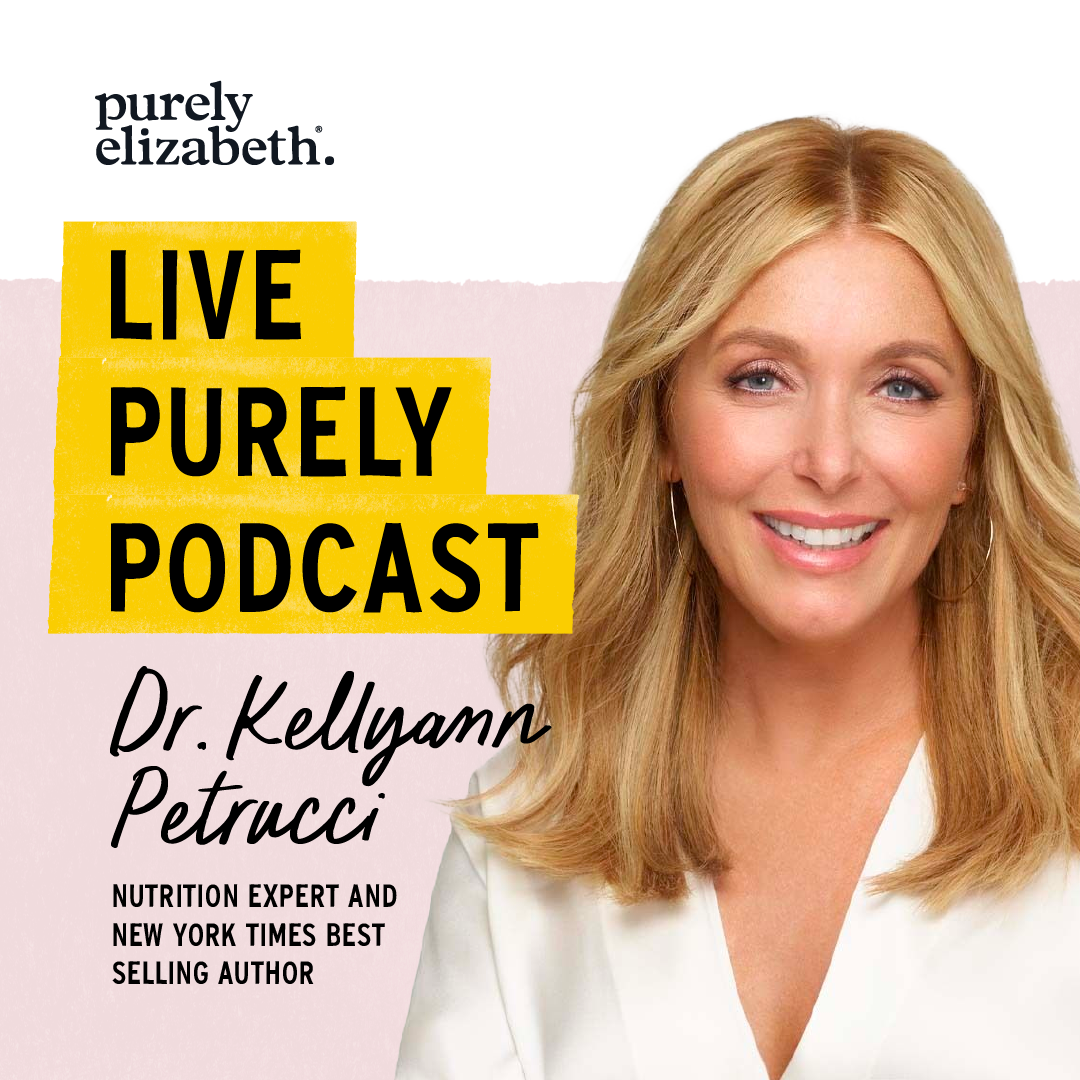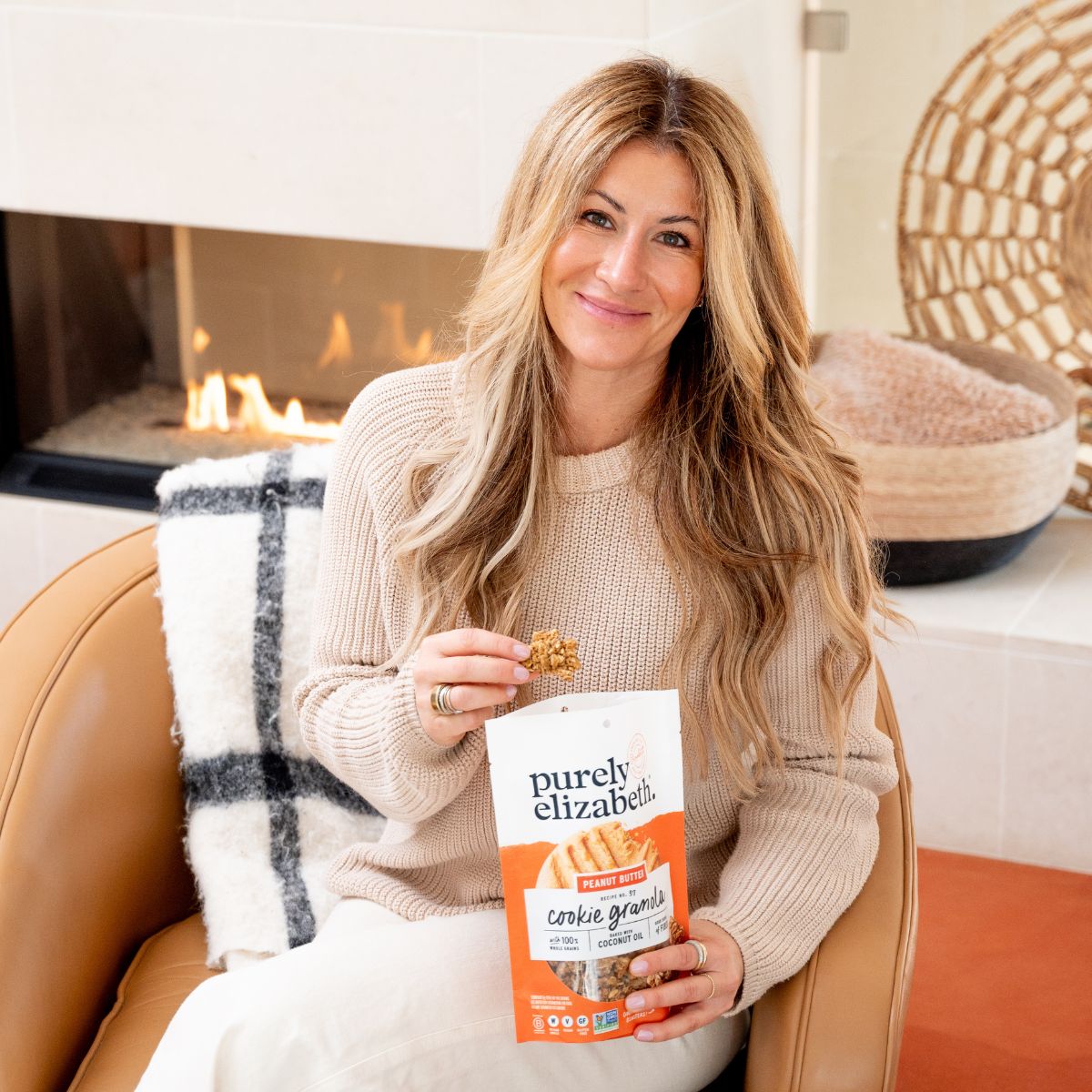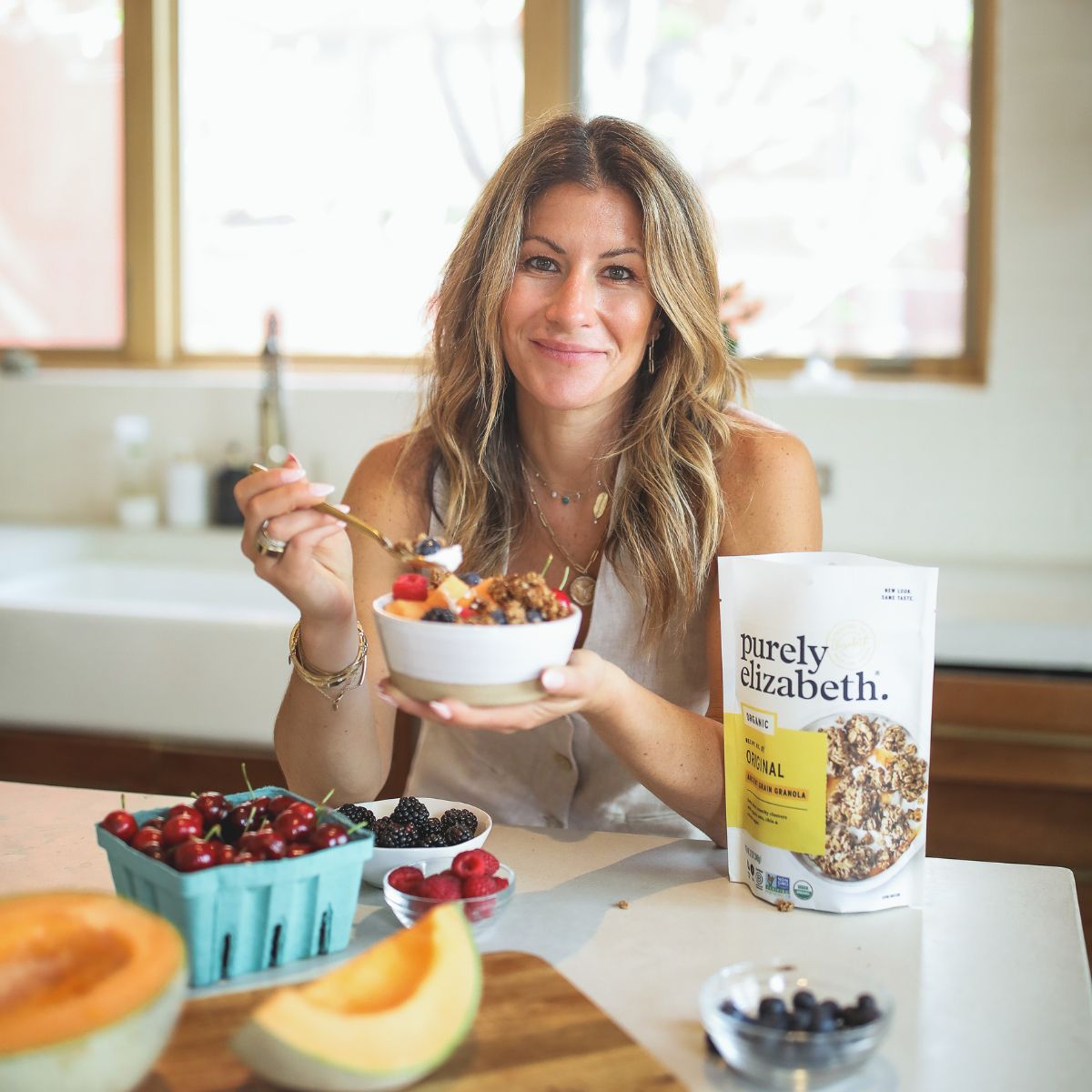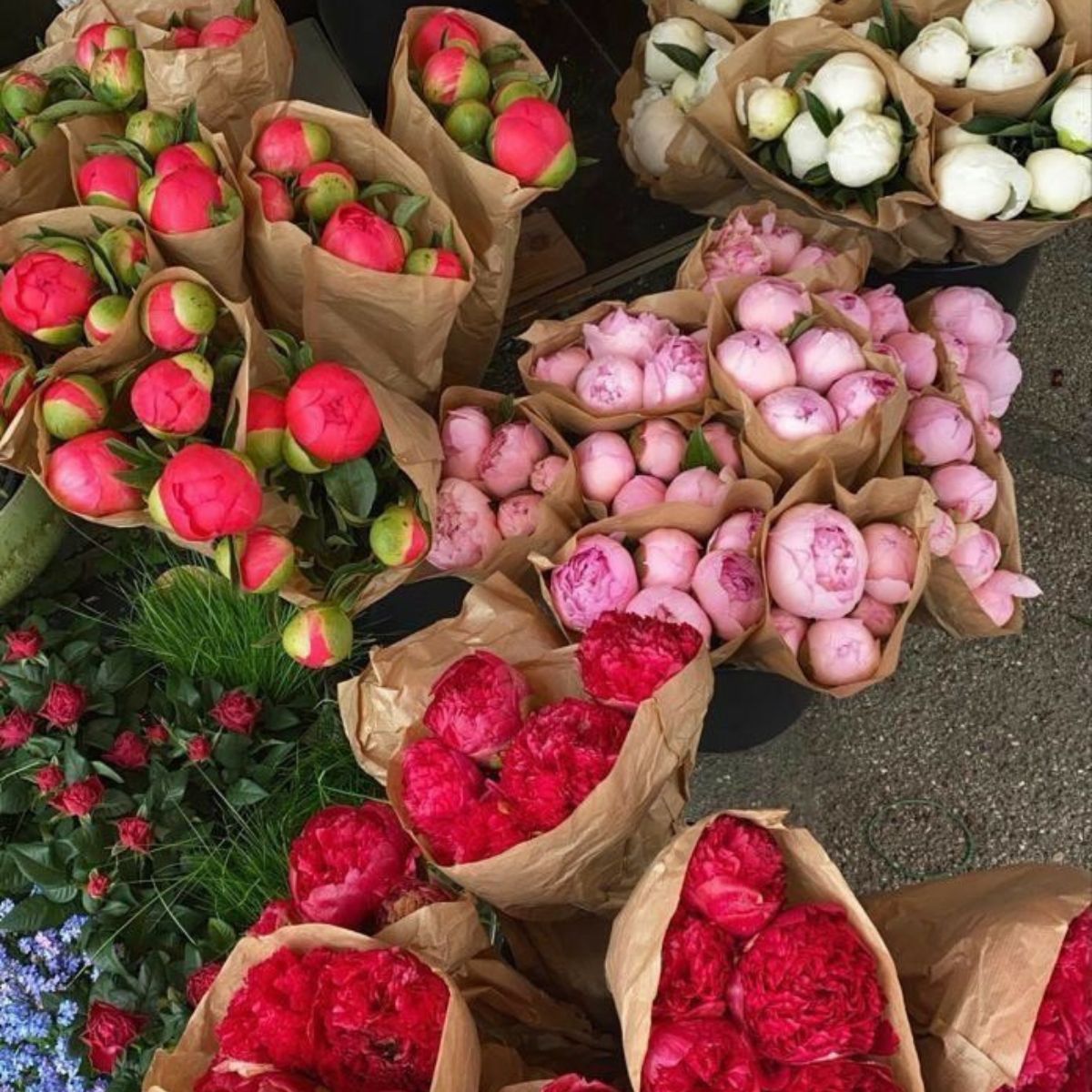Elizabeth welcomes Dr. Kellyann, a renowned nutrition expert, New York Times Bestselling author, and leading voice in the world of health and wellness. Not only is Kellyann a successful entrepreneur who has transformed her small business into a $150 million empire, but she is a motivational speaker and advocate for women-run businesses. In their conversation, Dr. Kellyann shares her tips for staying healthy and vibrant, and what made her realize the life changing transformative power of bone broth. She shares her favorite strategies for healing the gut, reducing inflammation and guiding the body into a natural fat burning state.
During our conversation, Dr. Kellyann opens up about her own health struggles, which ultimately led her to become a naturopathic doctor. She shares her profound insights on using food as medicine to help clients heal. As the pioneer of bone broth, we delve into its myriad benefits, from aiding in weight loss to enhancing energy, sleep quality, and skin health. Dr. KellyAnn generously shares her favorite strategies for healing the gut, reducing inflammation, and guiding the body into a natural fat-burning state. Tune in for a transformative discussion on the power of nutrition and holistic well-being.











